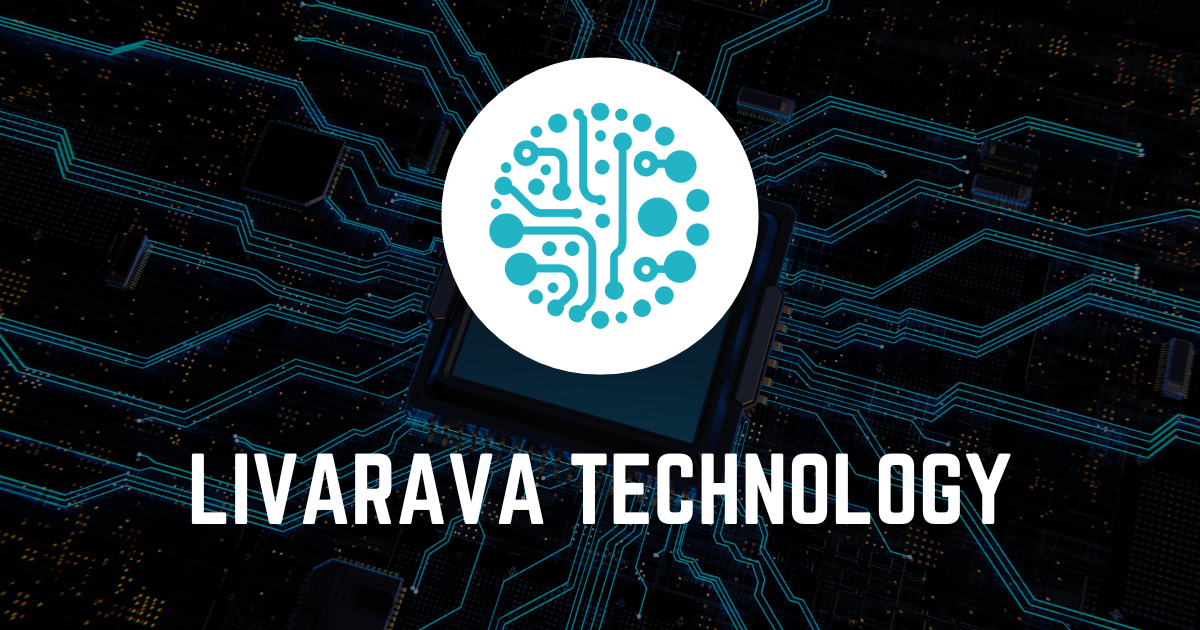Harnessing Digital Technology to Reduce Carbon Emissions in Transport

Introduction
The TransiT project is addressing one of the most pressing issues of our time: the need for sustainable transportation.
The TransiT Initiative
- Collaboration: Involves eight universities and 67 partners.
- Leadership: Led by Heriot-Watt University and the University of Glasgow.
Potential of Digital Replicas
Digital replicas of real-world scenarios can significantly aid in the decarbonization process.
- Simulations: Create accurate models of transport systems.
- Insights: Provide data-driven solutions to reduce emissions.
Conclusion
With such innovative collaborations, the future of sustainable transport looks promising, and digital technology could be key to achieving significant reductions in carbon emissions.
This article was prepared using information from open sources in accordance with the principles of Ethical Policy. The editorial team is not responsible for absolute accuracy, as it relies on data from the sources referenced.